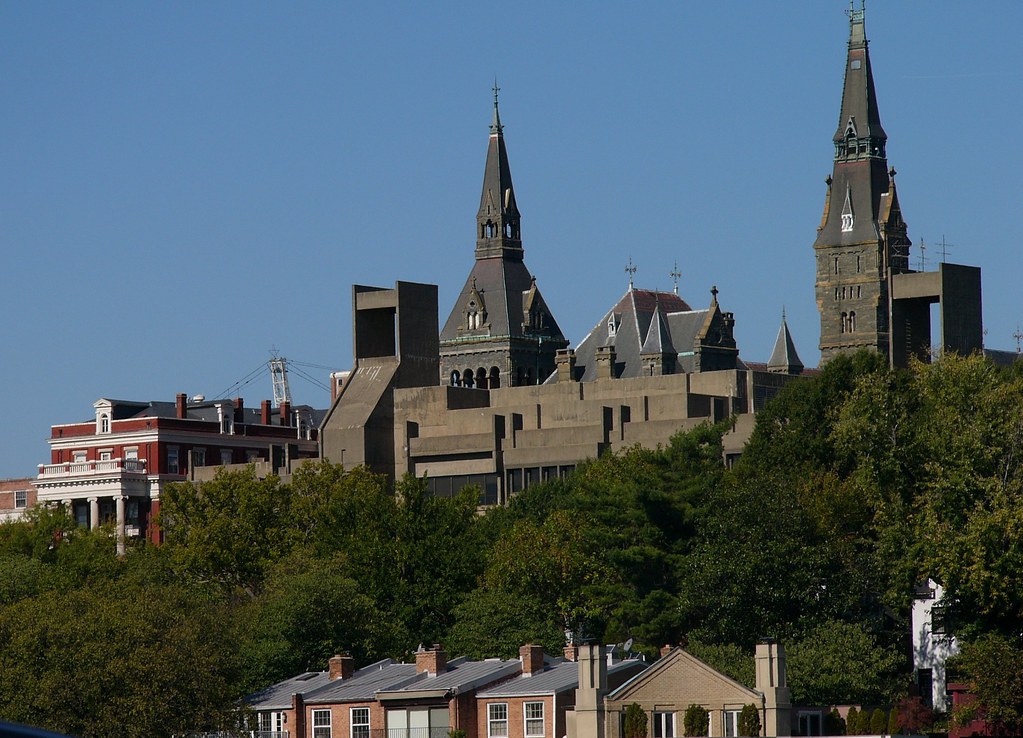Georgetown Law school put its commitment to free expression on trial, and chose inclusivity and diversity instead.
This spring Georgetown University Law Center became ground zero for debate about whether a university can be perceived as diverse and inclusive while having a robust free speech culture.
Ilya Shapiro, on the eve of assuming leadership of the Georgetown Center for the Constitution, sent a tweet naming his preferred candidate to fill the U.S. Supreme Court vacancy and added that his preferred candidate “alas doesn’t fit into the latest intersectionality hierarchy so we’ll get lesser black woman.”
Responding to the campus—and national—controversy Shapiro’s tweet ignited, Georgetown Law suspended Shapiro pending two investigations. The investigations cleared Shapiro but he resigned, asserting that he was being set “up for discipline the next time I transgress progressive orthodoxy.”
Left unresolved: Can a university be seen as diverse and inclusive and also tolerant of controversial speech? Usually such a dispute would play out behind faculty-lounge doors, but Georgetown Law professors duked it out in The Washington Post opinion pages, where Alicia Plerhoples opined that when free speech and inclusion are in conflict, inclusion and equity should prevail, and Paul Butler agreed, writing that anti-racist values should trump free speech. Their colleague David Cole dissented, asserting that a university cannot punish offensive speech without undermining its commitment to inquiry.
Originally published by Paideia Times. Reprinted by permission.
For more School Reform News.
